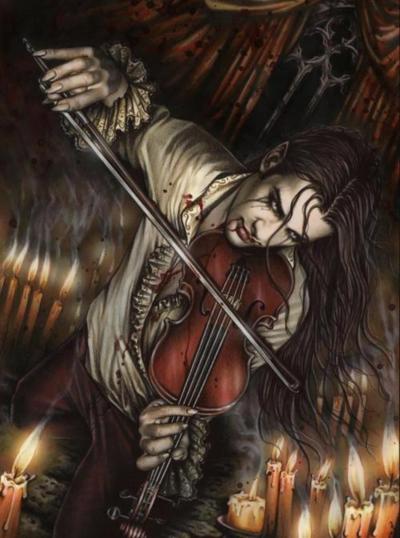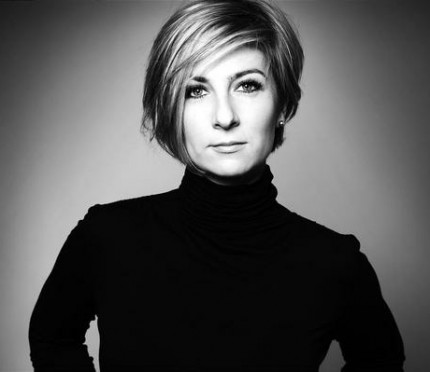CSO delivers imaginative theatrical take on masterworks of Schoenberg and Stravinsky
On Saturday night, the Chicago Symphony Orchestra offered an evening not of orchestral fare, but of two of the 20th century’s most significant chamber works by Stravinsky and Schoenberg in thought-provoking theatrical realizations.
Pierre Boulez was to have led these performances but had to bow out on the advice of his ophthalmologist. The CSO’s conductor emeritus was still on hand this week in a supervisory capacity while Cristian Macelaru assumed podium duties.
Schoenberg’s Pierrot lunaire is a work more often talked about than performed. The song cycle for voice and mixed chamber quintet sets 21 unsettling poems by Albert Giraud, and Schoenberg’s virtuosic solo line and bone-rattling instrumental timbres piercingly paint Giraud’s strange and ghoulish stanzas with their jarring collisions of religious, violent and sexual imagery.
Making her CSO debut, Kiera Duffy delivered a tour de force performance of the punishing vocal role. Ideally one would prefer a richer voice with more varied coloring and Duffy’s slender soprano sounded a bit undersized for this large a venue. But give the singer great credit and courage for performing this intensely challenging work sans electronic assistance.
Duffy tackled all of Schoenberg’s mercurial high-flying Sprechstimme, the shrieks, swoops, and leaps with a dizzying expressive range and extraordinary bravura, segueing from cajoling and exultant to insinuating and despairing, often within seconds.
The performance was accompanied by three large screens in which hazy projections and English translations of Giraud’s stanzas floated and wafted. At tines the projections drew undue attention to themselves—as with the massively enlarged font for dynamic swells—but for the most part they atmospherically enhanced the performance.
Cristian Macelaru did a superb job standing in for Boulez, leading the small ensemble through the 21 songs with clarity and momentum and ensuring that all the crunched harmonies and jarring timbres received full impact. Guest pianist Pierre-Laurent Aimard and CSO members Robert Chen, John Sharp, Mathieu Dufour, and J Lawrie Bloom provided Duffy with full-metal support.
Stravinsky’s L’histoire du soldat is a more familiar commodity. This musico-theater piece tells of a dejected soldier who sells his violin and ultimately his soul to the devil for worldly riches.
For these performances The Soldier’s Tale was presented in a more overtly theatrical fashion than usually seen in concert halls with a staging by director Annabel Arden. The conceit of having the dialogue parts of the narration between the uniformed soldier (Adam Van Wagoner) and the devil (Kevin Gudahl) was largely successful with a few missteps. Less inspired was having a second, uncostumed actor double the soldier, which proved redundant and only made the narrative convoluted and visually confusing.
John Lithgow was a terrific narrator, the Tony-winning actor, clear, characterful and eloquent in his expressive reading. Gudahl proved a wonderfully evil and manipulative devil, Van Wagoner was an aptly besieged soldier and Demetrios Troy admirable as the soldier’s double. Dancer Lindsey Marks added graceful moments as the Princess.
But for all the live dramatic visuals and eye-catching projections, it is Stravinsky’s remarkable score that remained the star of the show—-audacious, astringent, relentlessly imaginative and barbed in its satire. Macelaru and the seven players brought out all the ingenious inspiration of the music with especially effective contributions from violinist Robert Chen, trumpeter Christopher Martin, bassoonist David McGill and percussionist Cynthia Yeh.
The program will be repeated 7:30 p.m. Tuesday. cso.org; 312-294-3000.
Posted in Performances







